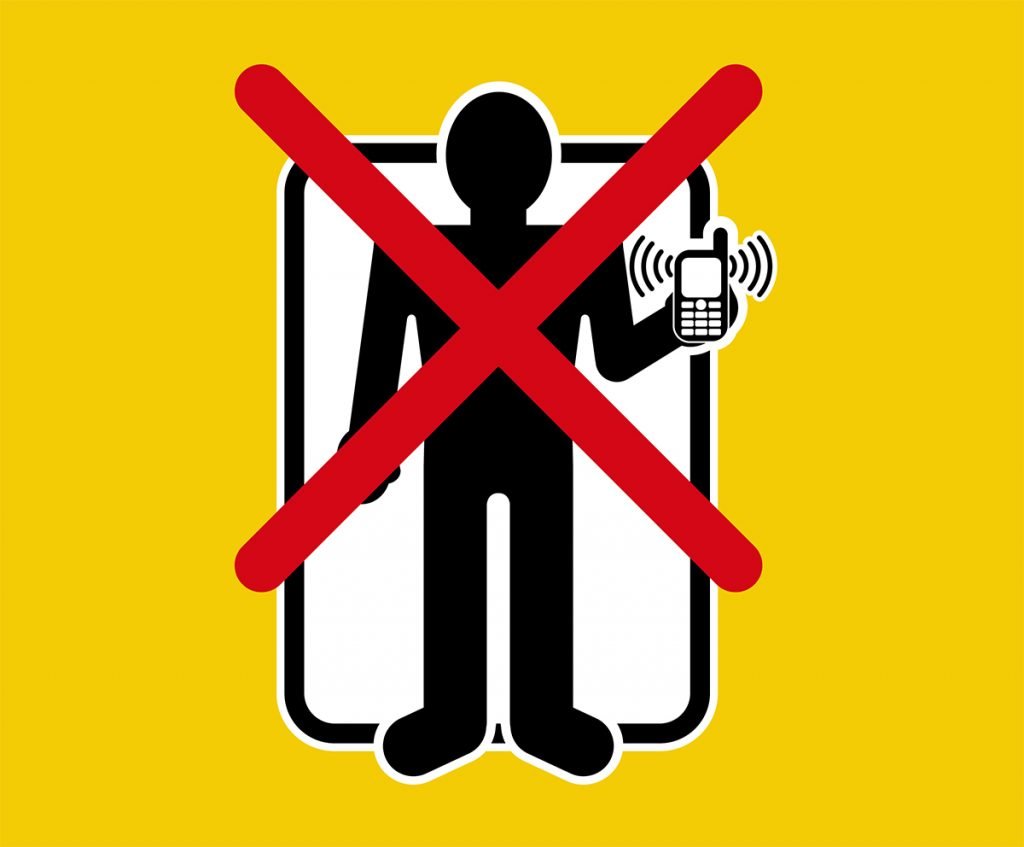
There are some important things to remember about communicating with your spouse during your divorce.
As a rule, if you are going to talk about important aspects of the divorce, do so in-person. If you do not have those important discussions in-person, there is the possibility of miscommunication or misunderstandings. Important decisions that need to be made include the parenting schedule, spousal support amount, spousal support duration, splitting of assets and debts, or any other of the main decisions that come up in a divorce situation. If you reach an agreement during those face-to-face conversations, then it is okay (and usually advised) to follow up in writing; it is just the initial discussion that should not be done over writing.
Important reminders
No text messaging, no emailing about the important aspects of the divorce. If it is to schedule a meeting, go ahead and text or email. Anything beyond scheduling should be in-person, preferably at a Collaborative Divorce meeting or Mediation session.
Messaging Do’s and Don’ts
When using email, text messaging, or other communication tools, it is very easy to react angrily and fire off something that should not be sent. Especially with texting, responding quickly without thinking through what you are saying is easy. Oftentimes, this reactionary responding will only serve to make everything more heated and create more problems, rather than solving anything.
If you have to leave a voicemail, I tell clients to imagine it being played in court. Do you want someone hearing that message later? The same thing applies to emails and text messages. Imagine a judge reading this later in an open courtroom and then think about whether you should send that text or leave that message.
Social Media Pitfalls
Remember that posts on social media can–and most likely will–be used against you. Posting pictures of heavy drinking or partying can create trust issues with your spouse. I have also seen people post extravagant travel pictures and then ask for more financial support, which generally does not work in that person’s favor.
Also, if you talk about your spouse in social media when you are in the middle of a divorce, think of how your worst enemy—the one who would interpret even something complimentary as an insult—reading it before you post. Remember that you have built your lives together over the years. Your spouse’s friends and family members are probably following your social media accounts. I usually advise clients to shut down their social media altogether until the divorce is over. If that is not possible, just try to think about any comments and likes before you do anything.


